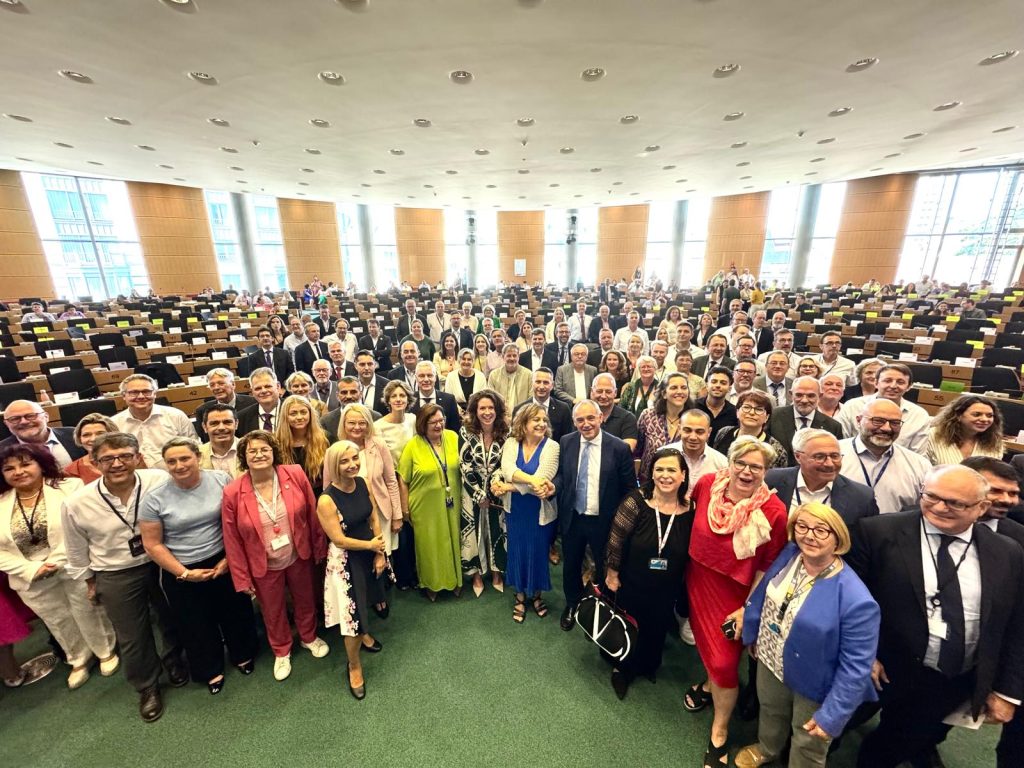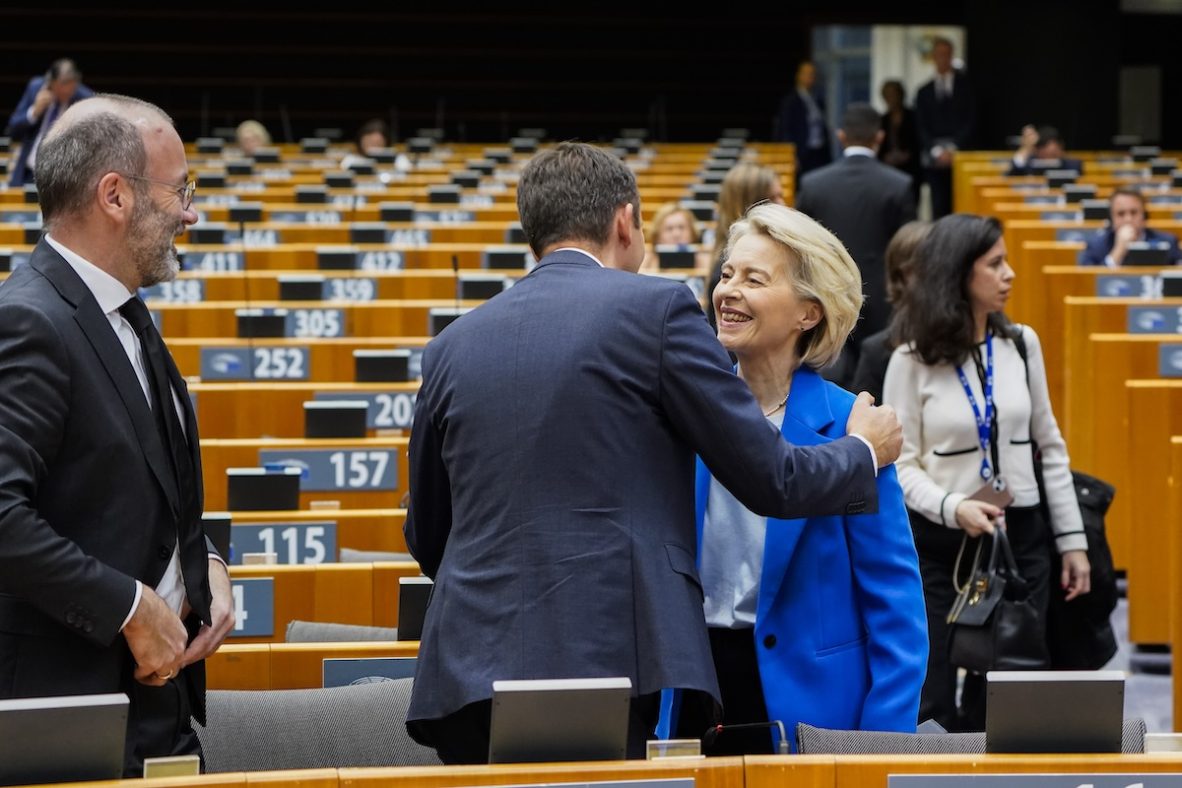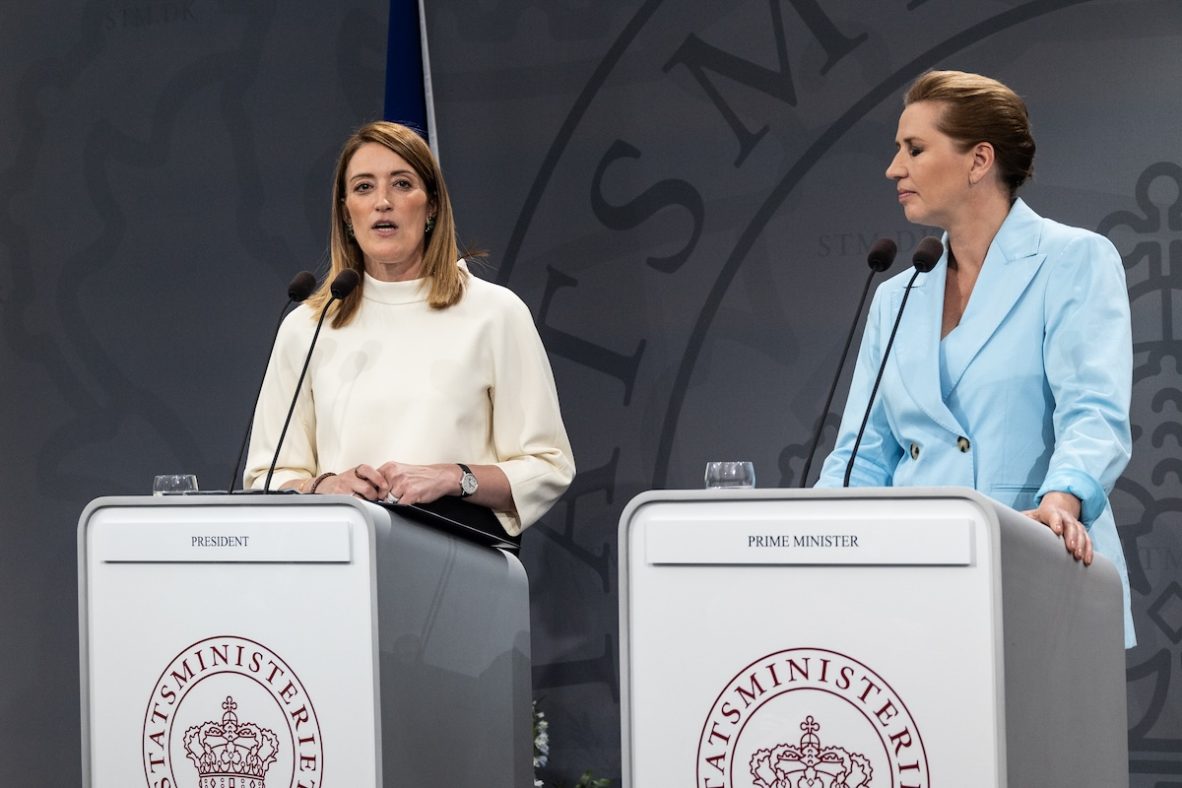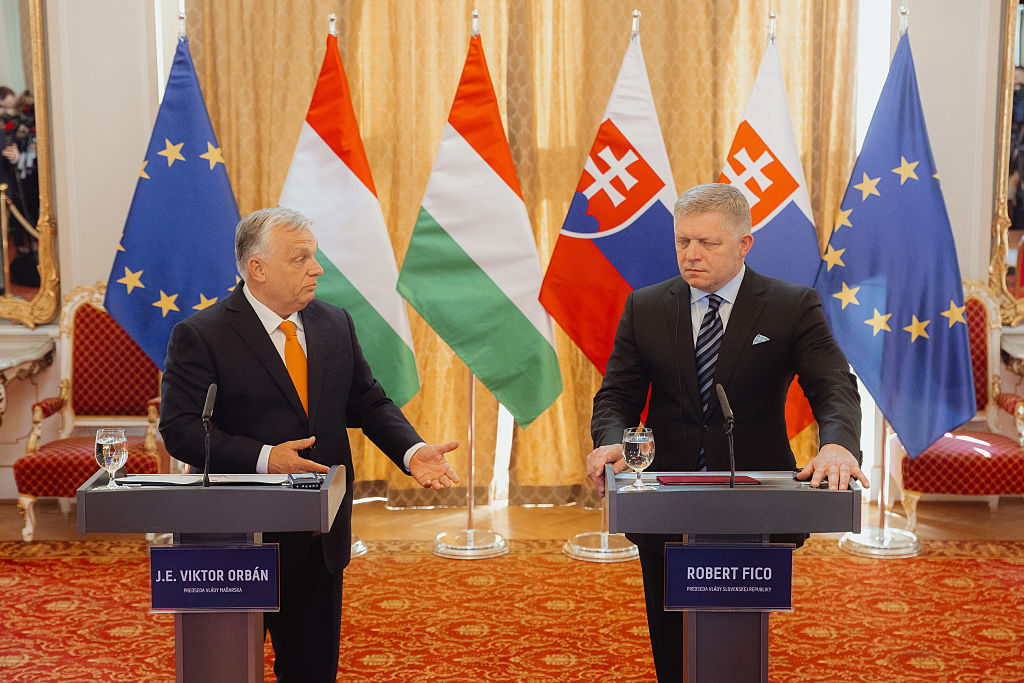Von der Leyen's centralisation will kill the European project
The debate over the next EU budget is not merely a technical exercise, it is a battle over the very essence of the European project. Socialists at the European and local level warn against the risks of centralisation.

This year marks the 75th anniversary of the Schuman declaration: “Europe will not be made all at once, or according to a single plan. It will be built through concrete achievements which first create a de facto solidarity.” Those words still resonate today for those working to make the European Union project a beacon of hope, trust, and confidence in a better future.
As social democrats, we believe that this vision is at stake. The new Multiannual Financial Framework (MFF), expected in two weeks, will determine whether the European Union remains a project of unity, a project that brings together and closer all the different parts of our continent, a project built on multi-level governance, subsidiarity and partnership—or whether it drifts toward centralisation and top-down control, ultimately alienating the Union from its people and territories.
The MFF is not just a budget. It is the blueprint of Europe’s political ambition. This is why, as leaders of the progressive groups in the two European institutions that represent the people – the European Parliament and the European Committee of the Regions –we have communicated to the President of the European Commission Ursula von der Leyen our deep concerns over the governance of the next MFF.
This is not merely a technical exercise, it is about the very essence of our European Union project. The way we will govern the EU’s long-term budget speaks volume about the kind of Union we want to be. Whether regions get the funding they need, whether workers are supported, whether no one is left behind – all of this depends on how the EU chooses to design and govern its long-term budget.
Simplification and flexibility are welcome, but they must not lead to further recentralisation or renationalisation of European policies. We will not accept any change to the successful multilevel governance management of EU structural funds.
While the language has evolved since the internal documents leaked in October last year, from a “Single National Plan” to “National and Regional Partnership Plans”, improved semantics do not reduce the risks. If regions lose their role, Europe loses its uniqueness and the reason why this project has remained strong.
In the upcoming long-term budget, the role of regions in managing future cohesion policy and rural development funds remains unclear. If future regulations strip sub-national authorities of their ability to manage regional programs under shared management, this jeopardizes the place-based approach in the cohesion policy and the future common agricultural policy that is essential to their success.
We understand the need of flexibility and simplification. However, we firmly believe that they must not lead to further recentralisation or renationalisation of European policies. It is also crucial that these changes are paired with predictability for managing authorities and beneficiaries to preserve the added value of cohesion policy, which is intrinsically linked to its long-term perspective.
For the future cohesion policy, we could support a new common provision regulation that covers all funds under shared management, but regions need to know beforehand how much support they will receive to build their strategies. Pre-allocated funds are essential for the long-term dimension of cohesion policy.
If the new National and Regional Partnership Plans are to work, they should include regional or sub-national programmes’ chapters, while managing authorities must be empowered to negotiate directly with the European Commission. Their territorial expertise is essential to designing effective, place-based policies. Also, the reforms associated with these programs should be directly tied to investment made at local and regional level to enhance their effectiveness.
We must learn from the failures of the recentralisation of European policies. When local and regional authorities are ignored, investment becomes blind to territorial realities and people’s concrete needs. Rather than portraying single national plans per member state and payment against reforms as the model to follow, we should be honest about its shortcomings and build something better: European policies that are built for people’s needs, wherever they live.
The post-2027 budget is not just another cycle; it is Europe’s moment of truth. In an era of polycrises, growing discontent and mistrust, we must show that the European Union can listen, evolve, and deliver.
We remain firm in our commitment to a European Union that is shaped by the people and for the people, that brings people and places together, not just in words but in action. That was the spirit of the Schuman Declaration. That must be the spirit of Europe’s future.
Luca Menesini is the President of the Party of the European Socialists Group in the European Committee of the Regions, and Iratxe García Pérez is the President of the S&D Group in the European Parliament.









